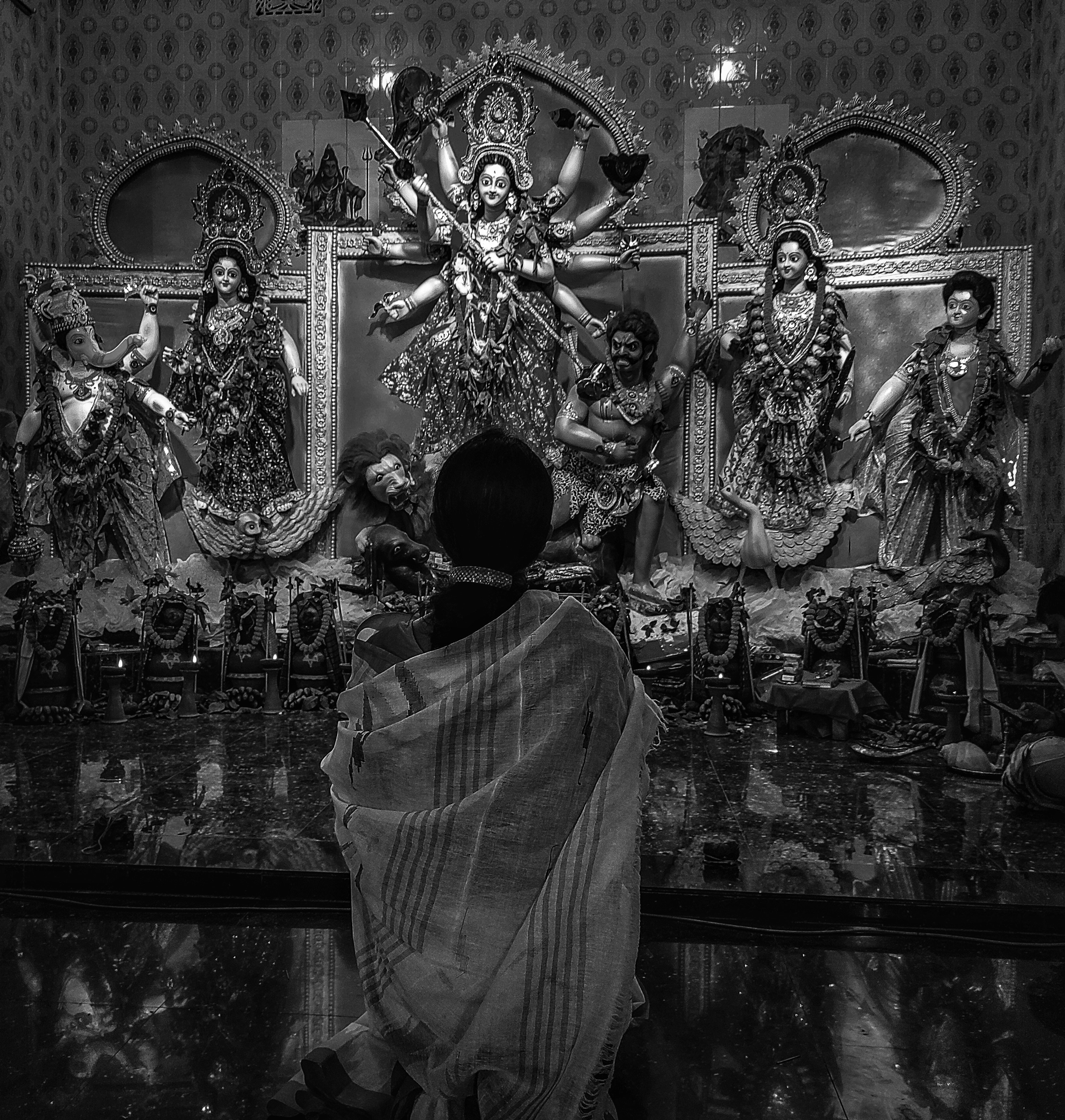Scientists are still trying to invent time machines. But it has been here for a while now, hidden in plain sight. Remember that song which was the very first thing your father played in the morning when you were 6? Right now it’s raining cats and dogs and the whole city is immobile and kind of gross, your transport will not make it to its destination in time, or maybe ever. There is nothing romantic about it. But that one song just came up on the radio and in the static city it’s an unplanned moment of peace. It’s the vivid memory of rushing to pack your little bag for school and the smell of omelette and your mother saying goodbye. Music is magic.

As much as I love pop, indie and rock, I keep going back to the unique genre created by one man who singlehandedly composed about 2500 songs in his relatively long and remarkable lifetime. Yes, I am talking about the legendary bearded polymath: Rabindranath Tagore. Tagore defines an era not only in music but the socio-cultural sphere in general, in Bengal. Tagore surpasses generations. It’s an inescapable bond, for which I sometimes feel profoundly thankful. If you have been born and brought up in Bangladesh, there is absolutely no way that you have gone without experiencing the magnificence of Rabindra Sangeet. No, I do not mean to exaggerate it; it’s majestic in the truest sense of the word. Surely you have come across Esho hey Baishakh or Maajhe maajhe tobo dekha pai as some of these songs have been inextricably consolidated within the core of our cultural celebrations and some have been rerecorded with modern musical arrangements, matching the taste of the times. But this doesn’t even begin to describe Rabindra Sangeet.
Tagore’s songs have been covered by thousands upon thousands of artists for more than a century (of late, in strangely unsuitable upbeat musical settings which I don’t find appealing but to each his/her own). If one were to religiously search for it, they would realise that surprisingly, the bard has written songs for every single moment in human life. Right from the first light of the New Year to the first blooming Kadam of the monsoon, from birth to death, from moonlit nights to torrential downpour, from spiritual contemplation to plea for peace – everything has found its rightful place in Rabindra Sangeet. Be it an aching heart or merely the solemnity of a regular dawn, Tagore has left his footprint on it.
If you are blessed enough to understand Bangla, then there is a whole world of melodies waiting for you. Yamuna Swarnamali Rankoth, Sri Lankan classical music singer who once resided in Bangladesh told me about her overwhelming interest in Rabindra Sangeet and Bangla literature in general. She expressed her wish to translate Tagore’s work in Sinhalese for Sri Lankans who do not have the luxury to experience the unadulterated sentiments of Tagore’s work. That day I honestly counted my lucky stars for winning this priceless geographical lottery.
If you do not like Rabindra Sangeet, I wholeheartedly believe, you just have not found the right song yet.
This article was originally published in The Daily Star (2017).





bookmarked!!, I like your blog!
Hi there! This post couldn’t be written any better!
Reading through this post reminds me of my previous roommate!
He constantly kept preaching about this. I’ll forward this information to him.
Fairly certain he will have a good read. Thank you for
sharing!
Appreciate this post. Let me try it out.